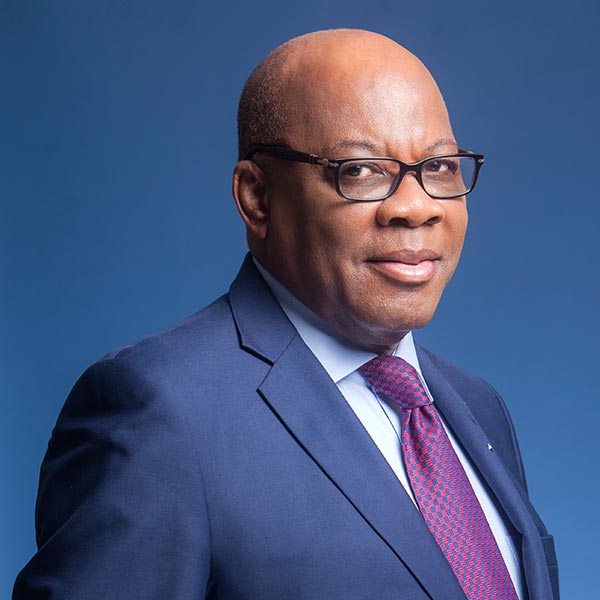Renowned legal practitioner, Dr. Olisa Agbakoba, SAN, has raised constitutional concerns regarding law enforcement agencies in Nigeria, specifically criticizing the Economic and Financial Crimes Commission (EFCC) as being unlawfully established.
In letters addressed to both the Senate and the House of Representatives, dated October 14, 2024, Agbakoba highlighted constitutional issues that he believes undermine the government’s efforts to eradicate corruption, as outlined in Section 13 of Nigeria’s Constitution.
In his letters, addressed to Deputy Senate President Senator Barau Jibrin and Deputy Speaker of the House of Representatives Hon. Benjamin Kalu, Agbakoba asserted that the EFCC was “unconstitutionally established” and that its powers exceeded those granted to the National Assembly. He emphasized that the EFCC, in his view, is an “unlawful organization.”
“I firmly believe the EFCC is unconstitutionally established. The powers under which it operates surpass the authority of the National Assembly. The EFCC is, therefore, an unlawful entity,” Agbakoba, a former president of the Nigerian Bar Association, stated in his letters.
Agbakoba also commended the efforts of several states that have taken legal action to challenge the constitutionality of the EFCC, expressing hope that these actions would clarify the matter once and for all.
In his letter to the Deputy Senate President, titled “Urgent Legislative Attention on Constitutional Reforms Relating to Law Enforcement Agencies and Anti-Corruption Efforts,” Agbakoba praised Jibrin’s leadership as Chairman of the Senate Constitution Review Committee for advancing constitutional reforms to support the government’s development agenda.
Agbakoba’s letter continued: “As you are aware, the government’s primary objective is to combat corruption, but there seems to be a lack of coordination among law enforcement agencies, many of which appear to be working at cross purposes. This disunity has been affirmed by the Supreme Court in numerous rulings, which have consistently criticized the EFCC’s conduct and raised questions about its constitutional legitimacy.”
Agbakoba reiterated his belief that the EFCC’s establishment exceeded the powers granted to the National Assembly, calling it an “unlawful organization.” He welcomed the fact that several states had initiated legal challenges to the EFCC’s constitutionality, hoping this would eventually settle the matter in the Supreme Court, which is the final arbiter on such constitutional issues.
He urged the Senate to hold a public hearing on these constitutional concerns, stating, “Such a hearing would provide a vital platform for stakeholders to discuss reforms essential to strengthening Nigeria’s legal and institutional frameworks for law enforcement and anti-corruption, in alignment with the government’s objective of eradicating corruption as enshrined in Section 13 of the Constitution.”
Agbakoba concluded his letter by expressing confidence that the Senate, under Jibrin’s leadership, would give prompt attention to these critical issues, which he argued were key to the nation’s development. He expressed anticipation of a response from the Senate and House leadership on this pressing matter.
